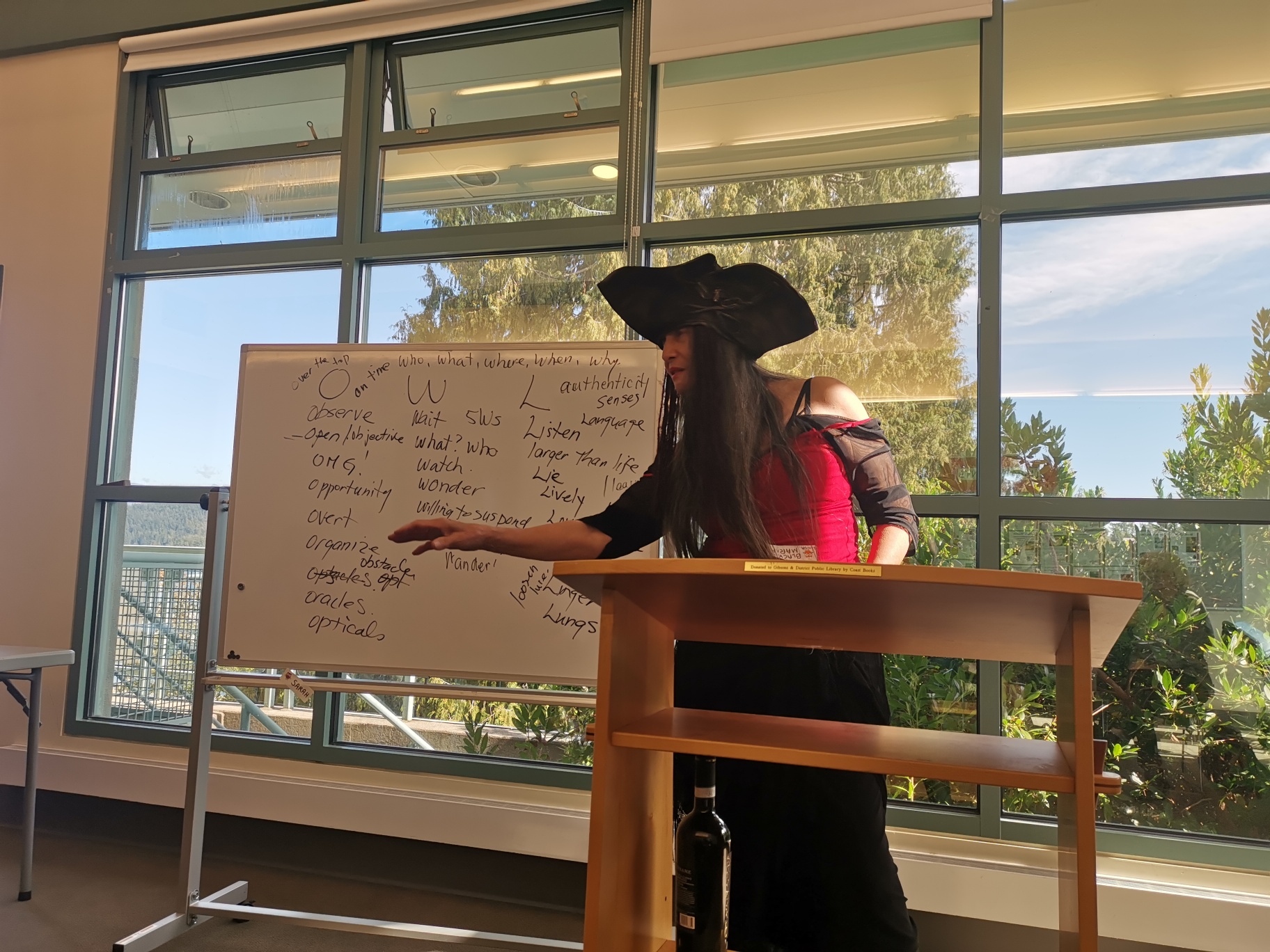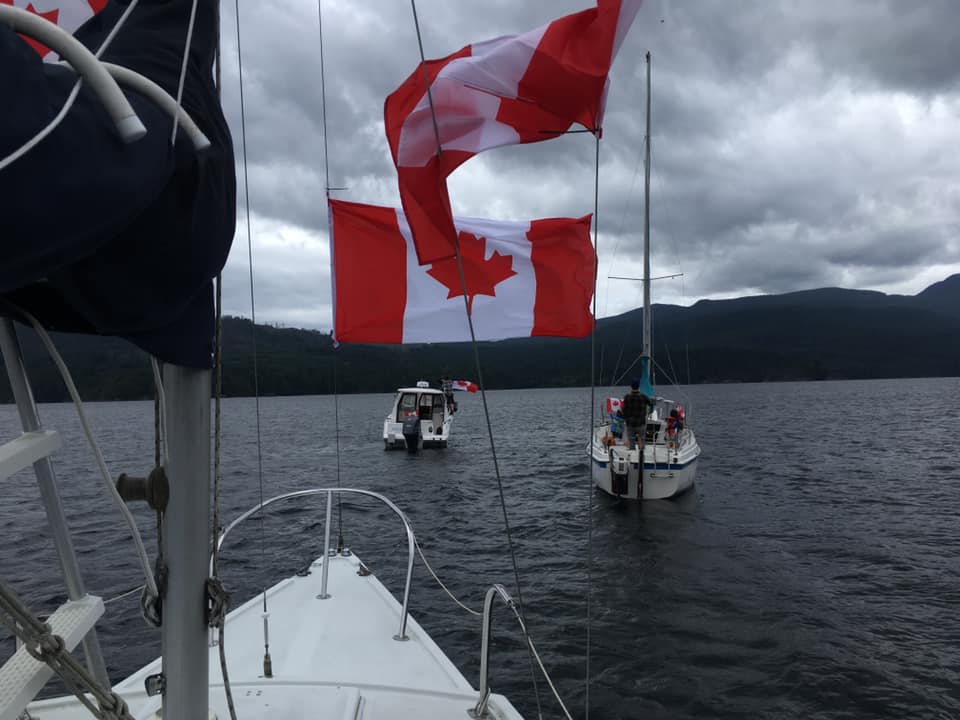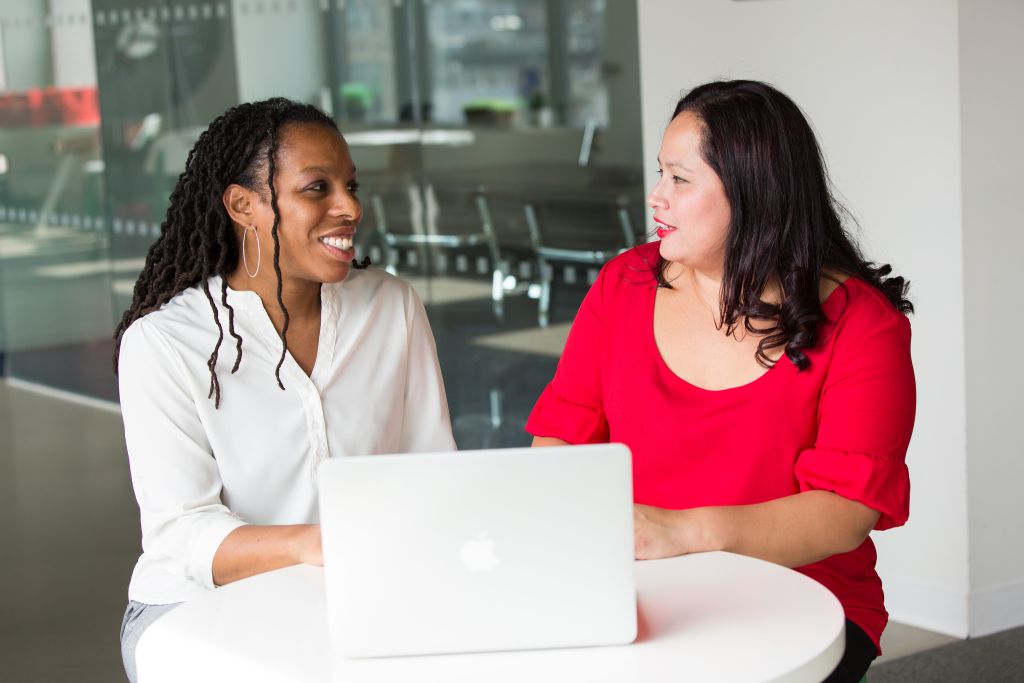Lighter Living
The Lighter Living Neighbourhood Small Grants (LL-NSG) is a program in North Surrey, New Westminster, Richmond, Fraser Valley and the Sea to Sky region for people taking action for environmental and social wellbeing.
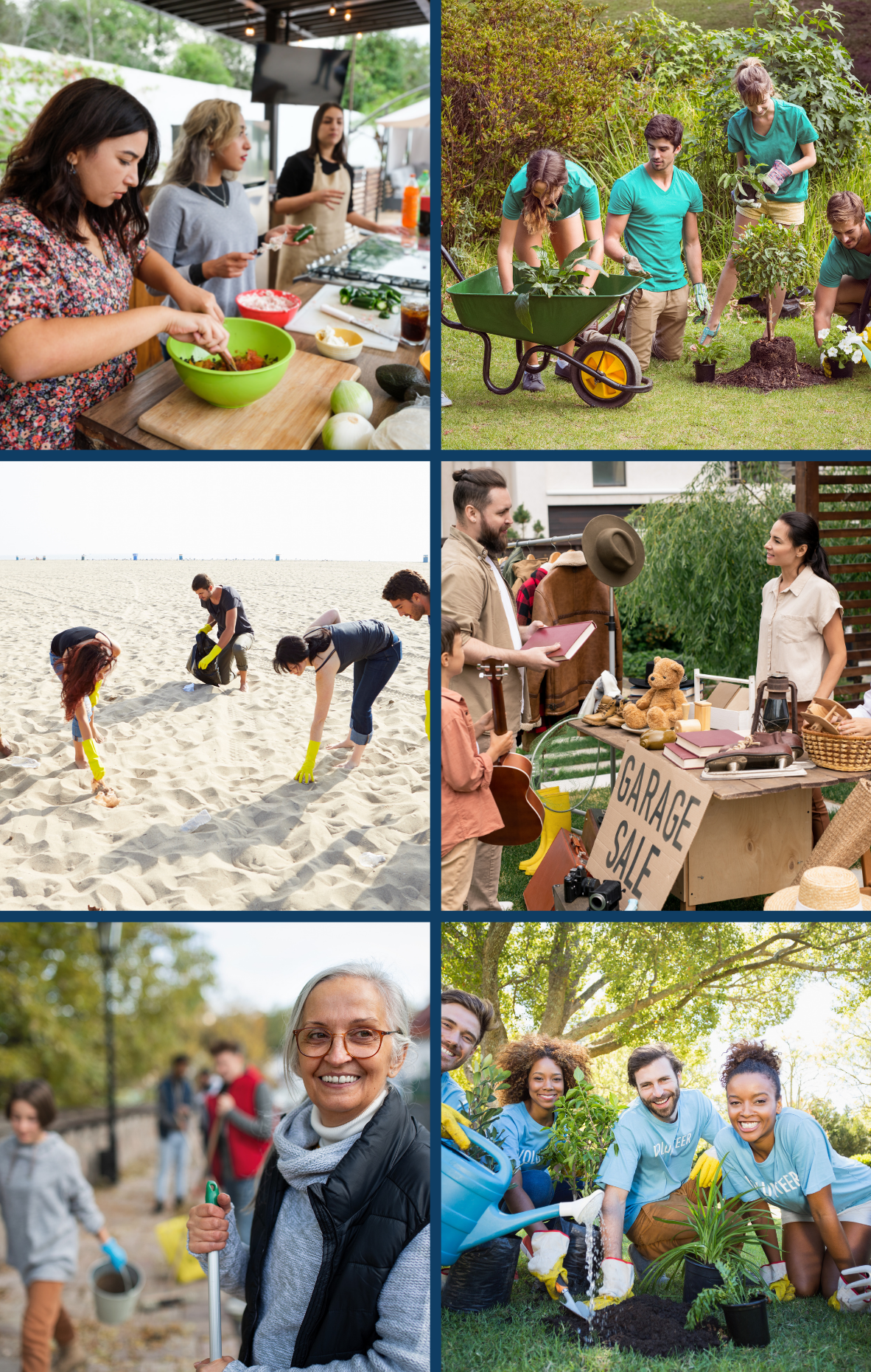
Overview
You apply for a grant up to $500 to work with others in your neighbourhood on projects that enrich sustainability and community connections. Share your creativity and passion to make a difference with other locals!
Check-out your local community page for application details and dates.
Who can apply?
Open to all residents living in North Surrey, New Westminster, Richmond, Fraser Valley (Mission, Chilliwack, Agassiz and Hope) and emerging communities in the Sea to Sky region (Lillooet, Pemberton, Powell River, Sunshine Coast and area).
Eligibility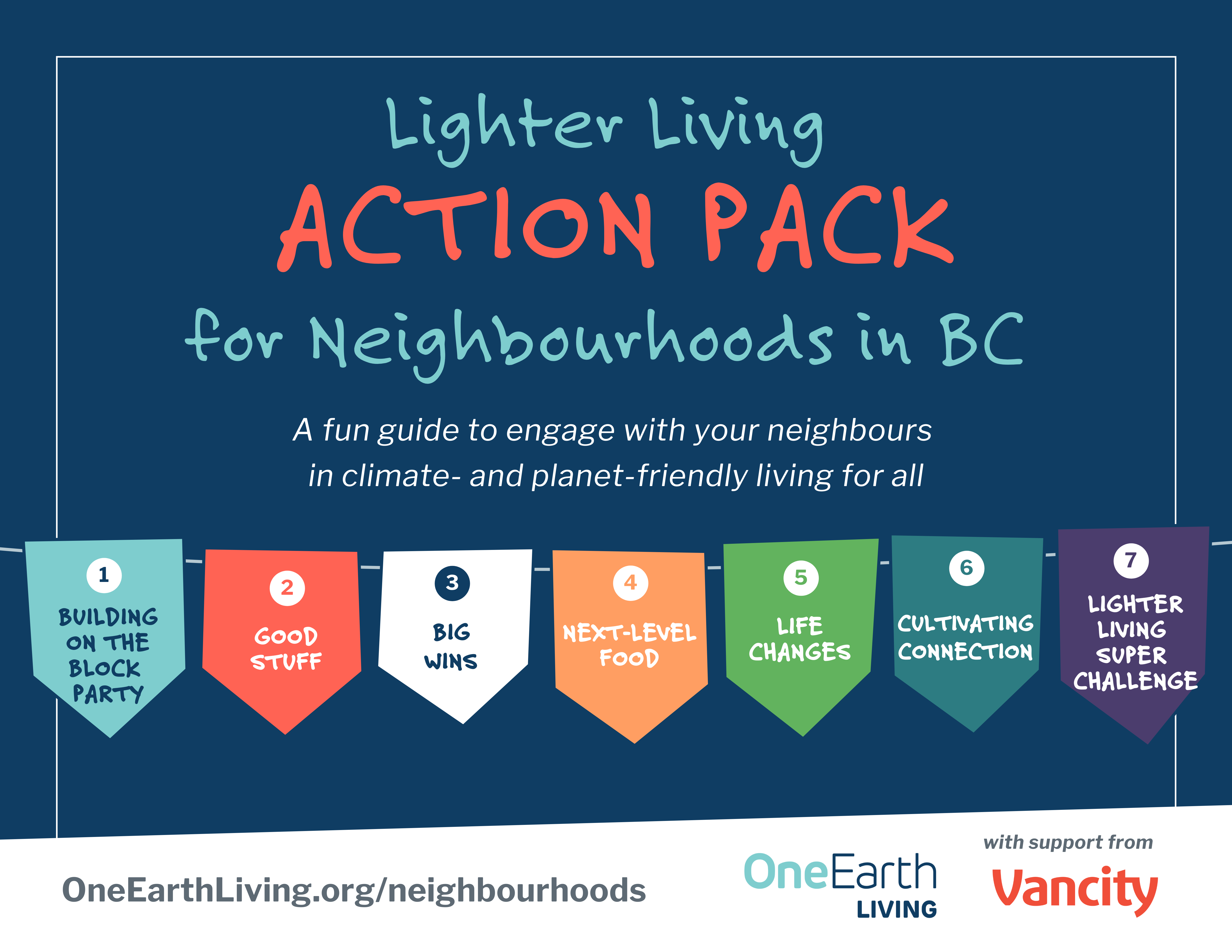
How to begin
To get started, explore the OneEarth Living guide and pick one of the seven Action Packs. Then decide on a project either from the Pack or be inspired by it. Here are some ideas you’ll find:
- Swap goods: Bring your community together to swap things like clothing or books so those things can find a new life.
- Share food: Build a community pantry for your block or community garden to make excess canned goods or garden-grown produce more accessible.
- Embrace alternative transportation: Organize a walking school bus for the kids in your neighbourhood to get safely to and from school, no cars required!
As you develop your project idea, your community coordinator is here to help you. Be sure to read through the Eligibility & FAQs below first before submitting your application. This new granting stream is presented by the Association of Neighbourhood Houses in B.C., the Vancouver Foundation and OneEarth with funding support from Vancity.
Project Ideas to Get You Started
Check out the 7 Action Packs in the OneEarth Living guide to choose a project you want to do or to find inspiration.
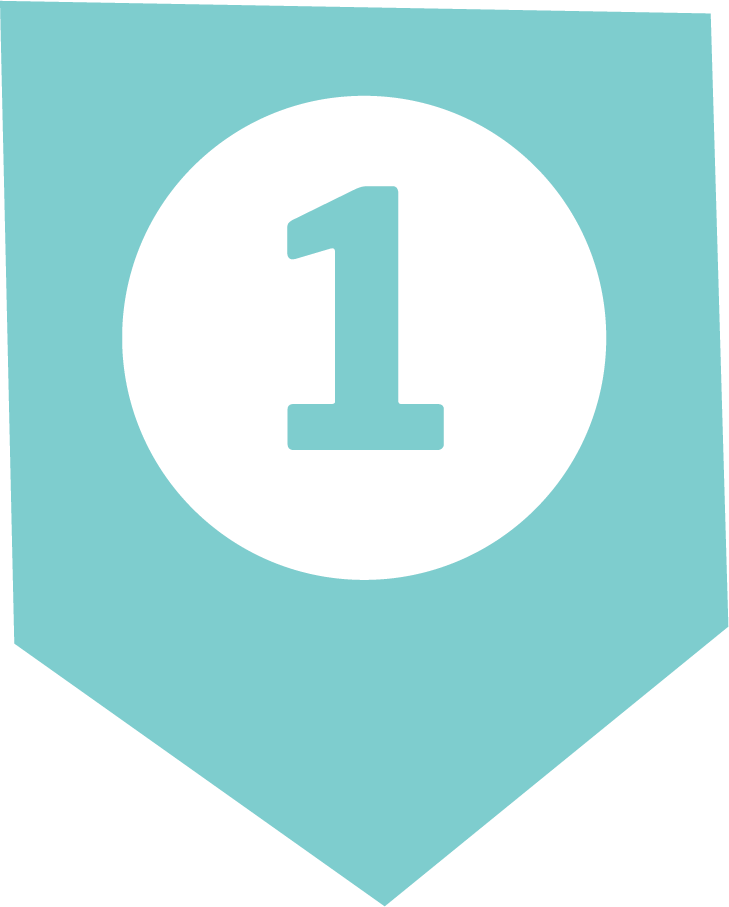
Building on the Block Party
Have fun hosting your neighbours, with a lasting impact on everyone’s lighter living practices.
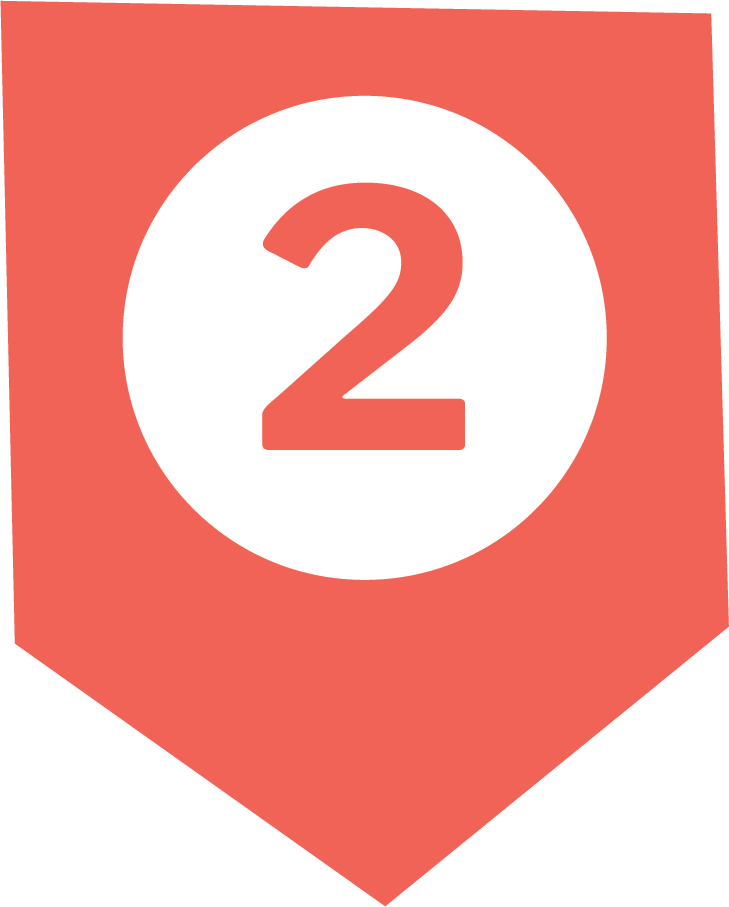
Good Stuff
Extend the lives of everyday things and enjoy less waste, more sharing and more meaningful experiences.
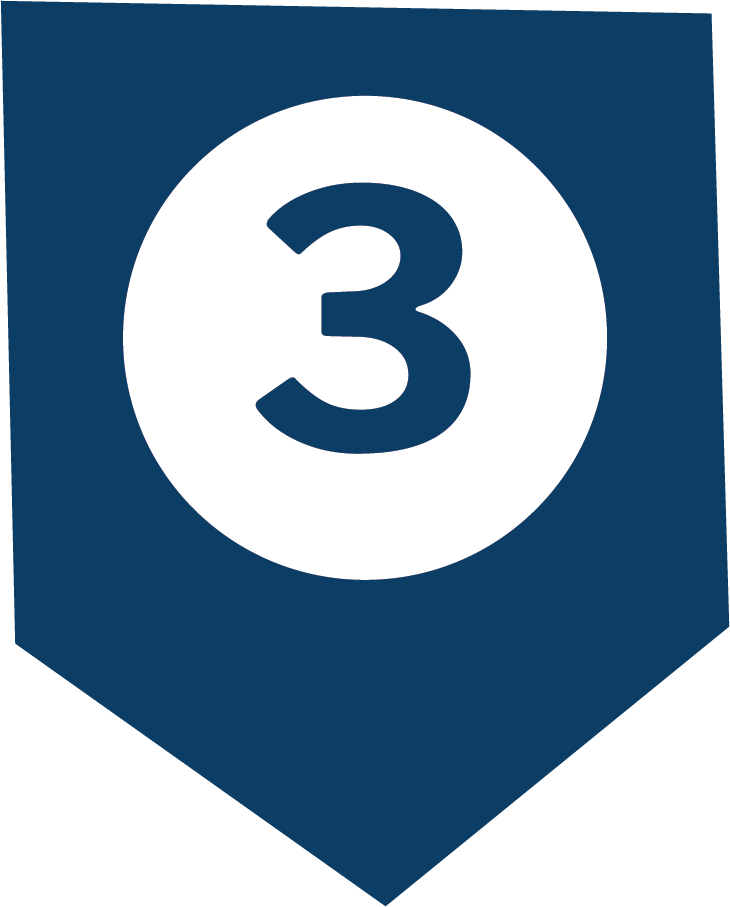
Big Wins
Support long-term choices that have the greatest impact in reducing our ecological and climate footprints.
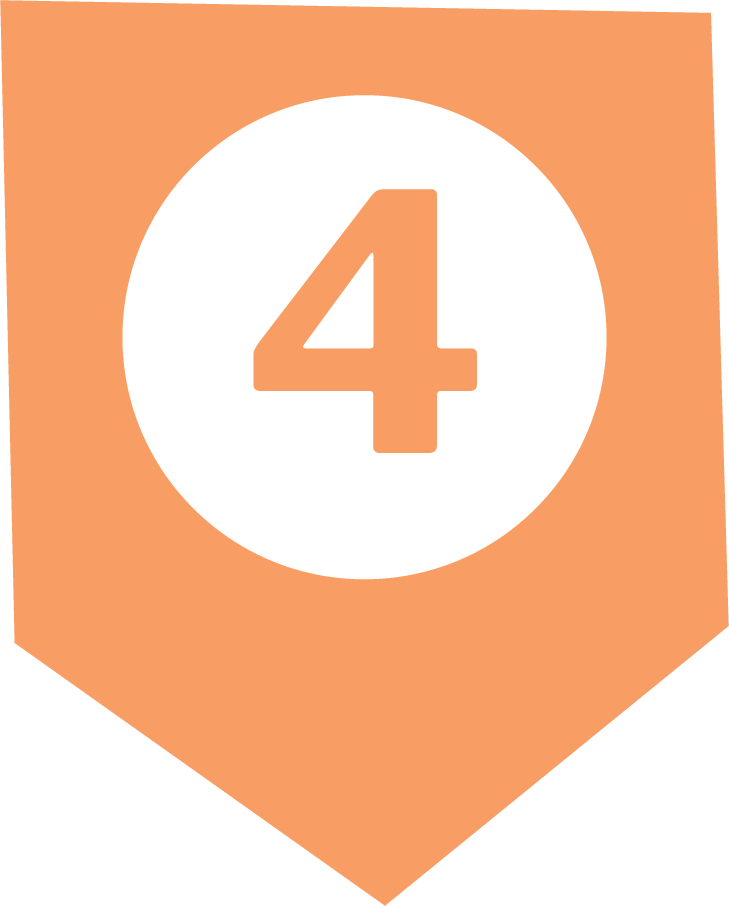
Next-Level Food
Fuel healthy eating practices that are better for the planet through plant-rich meals and less food waste.
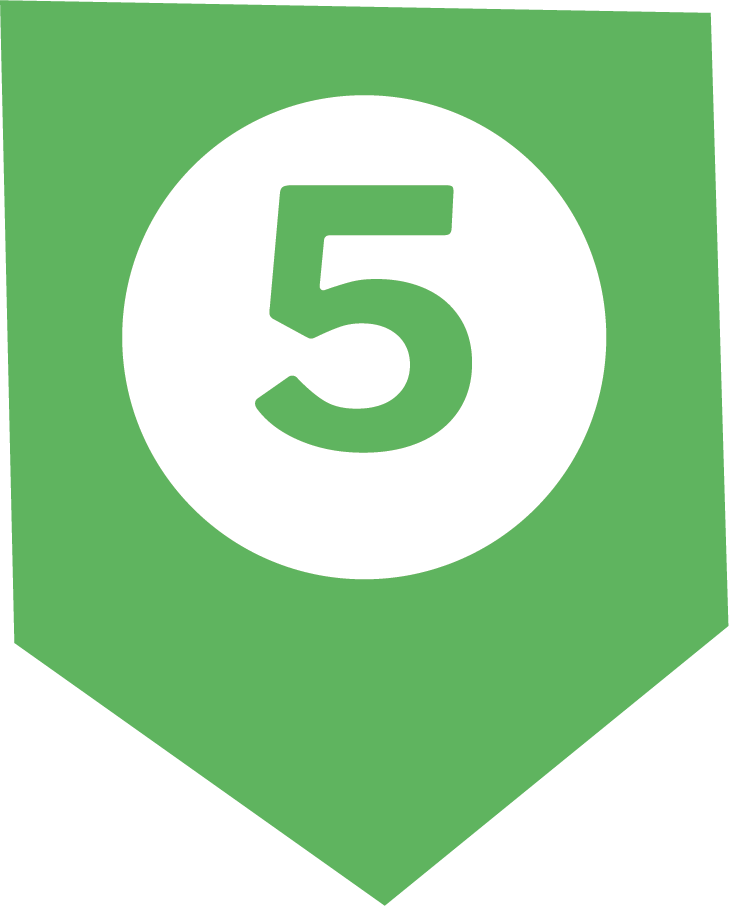
Life Changes
Foster new habits and traditions during periods of big life transition, from moving to retiring to having kids.
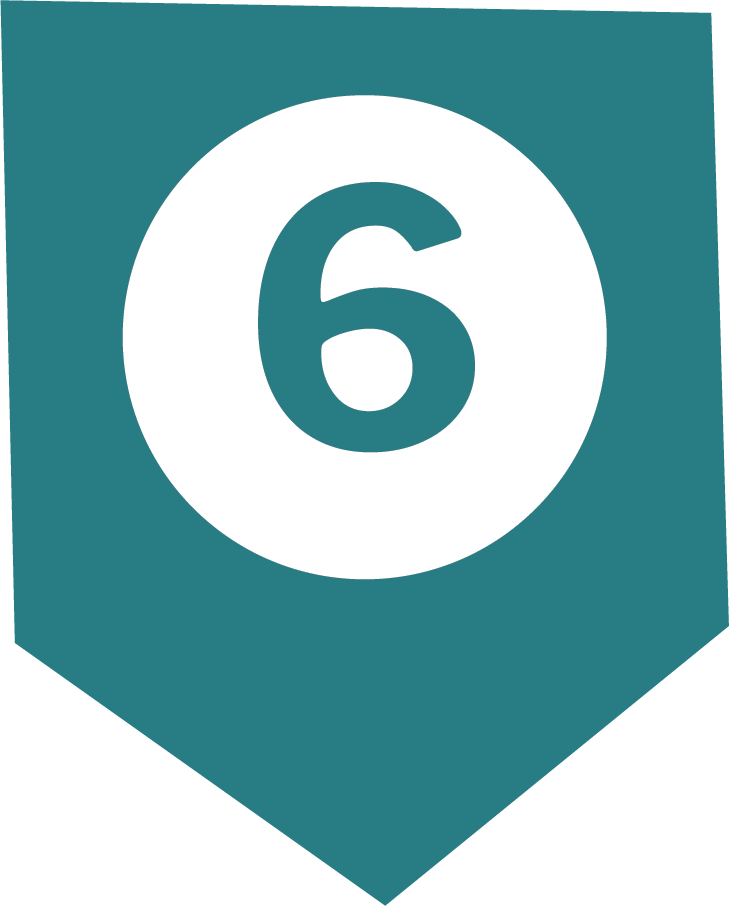
Cultivating Connection
Build a fairer, more inclusive community, inspired by both new and traditional living practices.
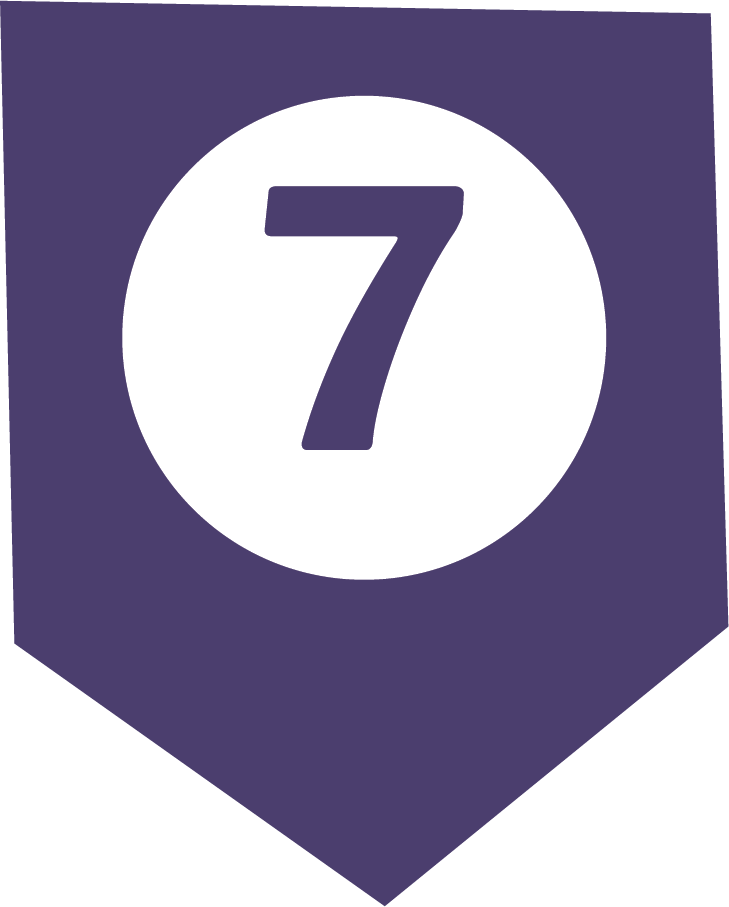
Lighter Living Super Challenge
Be bold! Commit to sustained, multi-year, lighter living action in your neighbourhood.
Once you’ve downloaded the OneEarth Living Guide, follow these steps:

1. Explore the Guide!

2. Pick one of the 7 action packs

3. Decide on an action
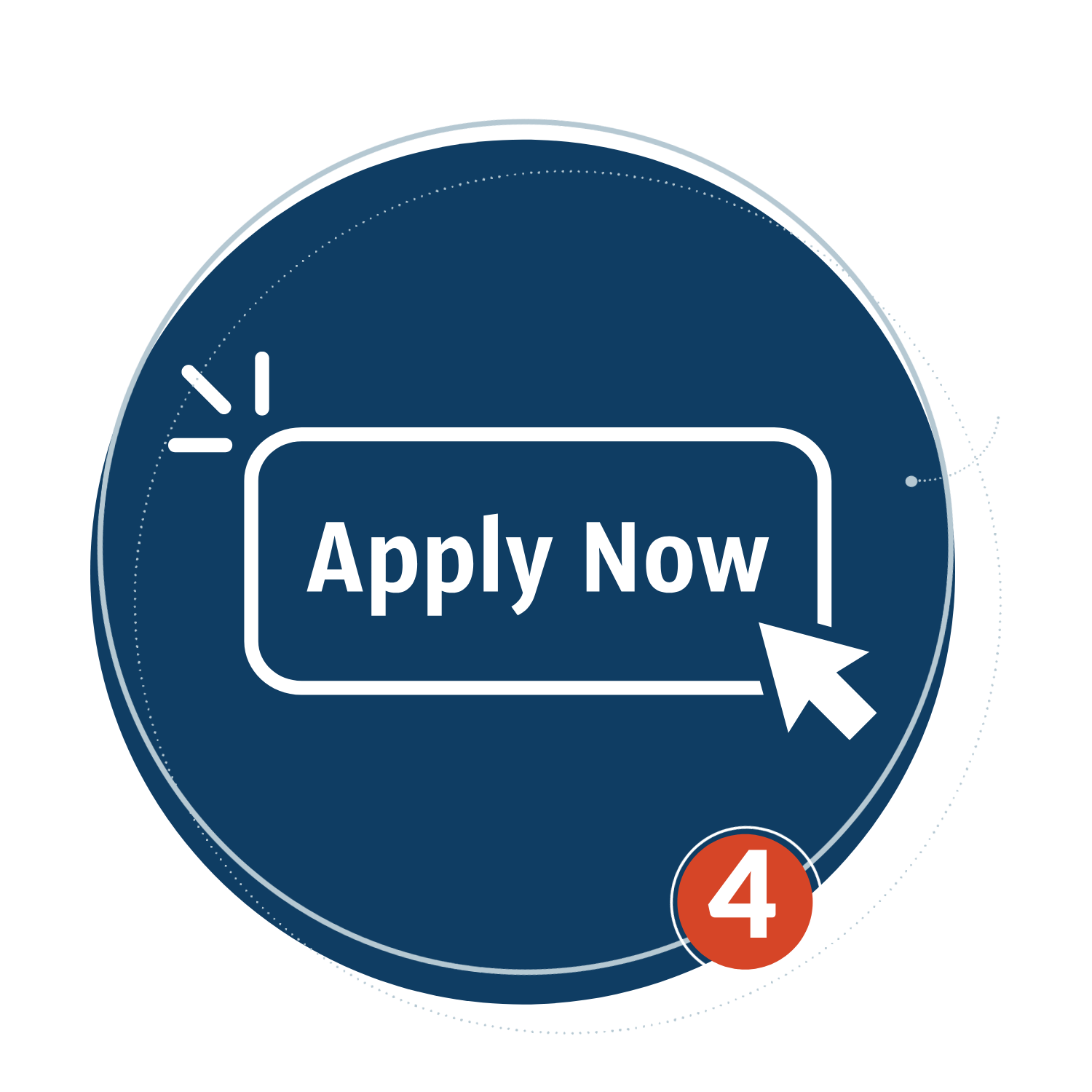
4. Apply for the LL-NSG grant!
Eligibility and FAQs
Here are answers to our top questions.
Projects that are connected to a pack (or packs) from OneEarth Living’s Lighter Living Action Pack for Neighbourhoods in BC are accepted. These can be actions directly taken from the guide or inspired by one of the Action Packs (e.g., Life Changes). Projects that bring neighbours together to take meaningful action for people and the planet are eligible.
You can ask for up to $500 for any Neighbourhood Small Grant program.
You can use the grant to offset any expenses that were needed for the project. This includes supplies, transportation, or services.
You may ask for up to $350 to provide honorariums to anyone who contributes skills or knowledge to your project—including yourself.
For example, if you plan to host an online cooking class and will be teaching it yourself, you may pay yourself an honorarium. If you are inviting a guest to teach it, you may pay them the honorarium instead. You can also use the grant to purchase the ingredients needed for the class as well as a premium subscription with a platform like Zoom to host many attendees in your class.
You may not fundraise for other projects and/or organizations. However, we encourage you to seek donations or gifts in kind from local businesses to help support your project.
Applications are reviewed by volunteer Neighbourhood Grants Committees, and final funding allocations will be awarded upon the discretion of each local committee. For more information contact your Community Coordinator.
This is a pilot stream, so is open to residents from three communities: residents living in North Surrey, New Westminster, Richmond, Fraser Valley (Mission, Chilliwack, Agassiz and Hope) and emerging communities in the Sea to Sky region (Lillooet, Pemberton, Powell River, Sunshine Coast and area).
Neighbours must apply for and run their projects within the communities they live in. Find your NSG Community on our website here. (Example: If you live in North Surrey, apply for your grant within North Surrey, and run your project in North Surrey) NOTE: Virtual projects may have a reach beyond the community you live in.
Registered organizations, non-profits and businesses are not eligible to apply for LL-NSG.
Your project can take place either in person or online. All in-person events should follow your local public health guidelines.
LL-NSG projects must be free to all participants. We encourage applications for projects that are accessible and inclusive to everyone (Example: For in person gatherings, find a space that is accessible and safe for everyone.)
We encourage applicants to seek donations or in-kind gifts (Example: food, craft supplies, etc.) from local businesses to help support your project. However, you may not fundraise on behalf of other projects and/or organizations.
You can apply for and receive one LL-NSG grant in 2022. Upon the submission of your project story to your community NSG Coordinator, you might be asked to participate in an interview with OneEarth Living.
Projects will be implemented after the grant decision is made, not before. Projects will not be supported retroactively.
Use LL-NSG grant money funded in:
- Spring / Summer 2022 by November 30, 2022
- Fall 2022 by March 15, 2023
Grant requests for projects are up to $500. If you need help with your estimating your application budget/costs, contact your Community NSG Coordinator.
Grant money may be used to pay people or yourself honorariums to help with your project. An honorarium is a small fee paid to someone for their in-kind skills, gifts or knowledge contributions for the success of the project. Example: A local artist (or yourself) shares their skills and talents with their neighbours.
Total honorarium amount listed in the budget, may not be more than $350 per project. The approved honorarium amount is at the discretion of the Neighbourhood Grants Committee (NGC) that reviews grant applications.
You are responsible for keeping track of your expenses for all project costs, and ensure your budget balances. To learn more about expense tracking contact your Community NSG Coordinator.
You will receive an email confirmation from the NSG granting system.
Your application will be reviewed by a volunteer Lighter Living Neighbourhood Grants Committee member, and they or the NSG Coordinator will be in touch with any questions.
You will receive information from your NSG Coordinator about when and how you will receive your grant. You will receive your grant payment by cheque or direct bank deposit.
You will be invited to participate in an NSG Orientation for all Project Leaders.
All unused funds will be returned to your community NSG Coordinator.
To help future applicants, and inspire others to do similar projects, please share and help tell your NSG story with photos, videos and by writing a short story of your project. Ways to share:
Once you lead your project, you will be invited to an NSG Community Celebration event (in person or online) organized by your Community Coordinator. You may be asked to share your project story at the event.
Though you are only able to apply for one Lighter Living Neighbourhood Small Grant program at a time, you may apply for a Lighter Living Neighbourhood Small Grant in addition to an application for a Neighbourhood Small Grant.
No. Non-profits, businesses, or any other types of registered organizations are not eligible for a Lighter Living Neighbourhood Small Grant.
You will only be able to apply in one community.
The three communities for this pilot LL-NSG stream are:
1) North Surrey
2) New Westminster
3) emerging communities in the Sea to Sky region (Lillooet, Pemberton, Powell River, Sunshine Coast and area)
4) Richmond
5) Fraser Valley (Mission, Chilliwack, Agassiz and Hope)
A committee of volunteers who also live in your community decide which applications will get funding and distributes the funds between those projects. They are called the Lighter Living Neighbourhood Grant Committee.
What is Vancouver Foundation and their involvement with Neighbourhood Small Grants?
Vancouver Foundation is a community foundation that started the Neighbourhood Small Grants program in 1999. Vancouver Foundation partners with local community organizations including neighbourhood houses, community centres as well as other community foundations to deliver the program. The Lighter Living Neighbourhood Small Grants pilot program is presented by the Association of Neighbourhood Houses in B.C. and OneEarth Living with funding support from Vancity.
We are not a government program. In some NSG communities, a local partner may be a municipality or a government agency.
Vancouver Foundation is funded by private donors, just like most foundations and charities are.
